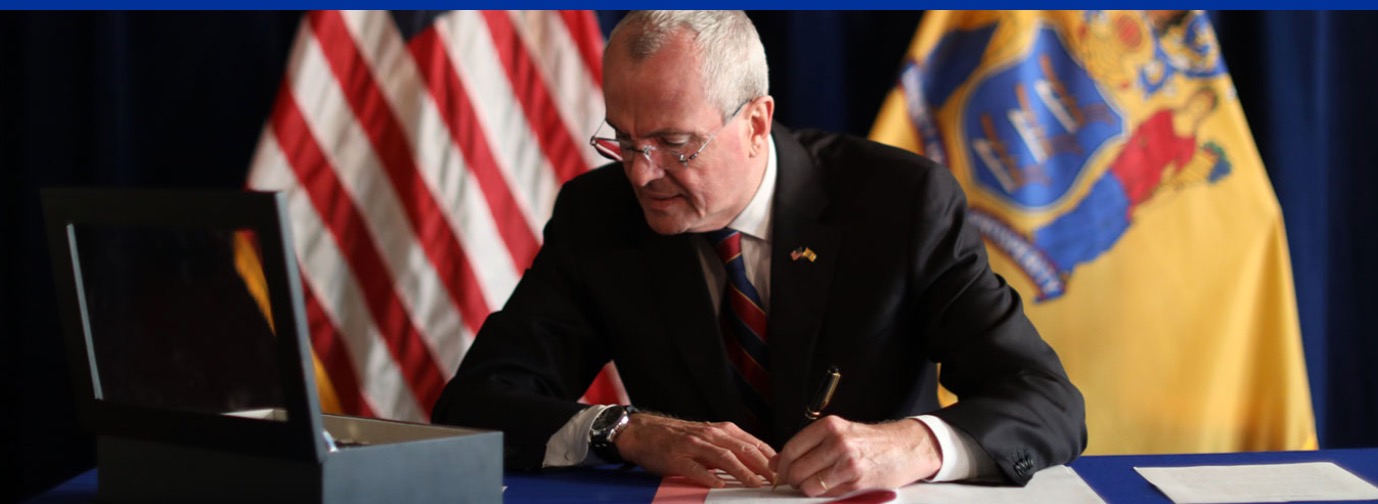Between the President’s accusation that the prior President tapped his phones, and WikiLeaks recent exposure of alleged CIA hacking tools and techniques, much has been reported in recent days about the government’s ability to intercept and listen to our conversations over our cellphones; computers; smart home devices such as televisions and baby monitors; products such as Alexa and Amazon Echo; encrypted messaging apps such as Signal, WhatsApp and Telegram; and home security cameras and systems. All of these devices provide potential ways for the government and hackers to enter our seemingly private worlds and eavesdrop. The difference between the government and a hacker, however, is that the government must obtain a court authorized warrant to do so.
Federal and state law enforcement investigating many types of criminal activities can apply for a court authorized warrant to intercept calls, text messages, emails and other forms of communications if they demonstrate that there is probable cause to believe that the person is committing the specified unlawful activity and using the specified type of communication device in furtherance of the criminal activity. In addition, law enforcement must demonstrate to the judge that normal investigative techniques have either failed, or would likely fail, to uncover the full scope and extent of the activity or coconspirators. These normal investigative techniques include, interviews, subpoenas, search warrants, undercover investigations and the use of informants.
In most cases of foreign espionage, terrorism and foreign agents, law enforcement must obtain a court order through a FISA application to a FISC court (Foreign Intelligence Surveillance Act authorized Foreign Intelligence Surveillance Court) to intercept communications. The application again requires probable cause that the target of the intercept or surveillance is a foreign power or agent committing certain offenses.
Hackers, however, require nothing more than the skill and access to these common household devices. Routers, security cameras, baby monitors and the like are all known as IoTs – Internet of Things. These products are vulnerable to compromise by malware because of poor factory administrator security settings that are easily hacked. Thus, your family’s security camera can be hacked and used to spy on private activities within your home. Similarly, the camera on your laptop for Skype calls and video conferencing can be hacked to spy on you. While this is certainly a frightening invasion of privacy, and highly illegal, there are many readily available articles by experts that offer detailed instructions on how to change the factory settings on these devices to make it much harder for hackers to get through.
Authorized law enforcement interceptions compel the provider of the service to cooperate and assist law enforcement in effectuating the intercepts and prohibit the provider from revealing the interceptions to its customer. While there are strict compliance standards set by law and reporting requirements at specified intervals to the court, these interceptions not only capture alleged communications about criminal activities, but many times capture innocent conversations, texts, emails and the like between unsuspecting third parties and the targets themselves. It is a very intrusive type of investigative technique that must be used sparingly and adhere to strict guidelines.
The evidence gathered from such interceptions may provide powerful evidence against the accused. However, in many cases those communications are claimed by law enforcement to involve “coded language” that requires “interpretation” by an expert, usually another agent or detective claiming to have specialized training and experience, to inform the jury what the targets “really meant.” Thorough examination of those conversations, experience and vigilance is required by the accused’s attorney to ensure that the supposed expert witness is not misinterpreting the meaning of the conversation and providing unreliable and misleading testimony to the jury. Experienced criminal defense counsel can also attack the basis for the warrant to intercept the communications and the procedures followed during and after the period of interception in an effort to suppress any evidence gathered through the interceptions.
Stahl Gasiorowski Criminal Defense Lawyers aggressively defend organizations and individuals charged with complex federal and state crimes. Founder Robert G. Stahl is recognized as one of the top criminal defense attorneys in the NY/NJ area for his skills, knowledge and success. To contact us to discuss your case, call 908.301.9001 for our NJ office and 212.755.3300 for our NYC office, or email us at rstahl@stahlesq.com.




Leave A Comment